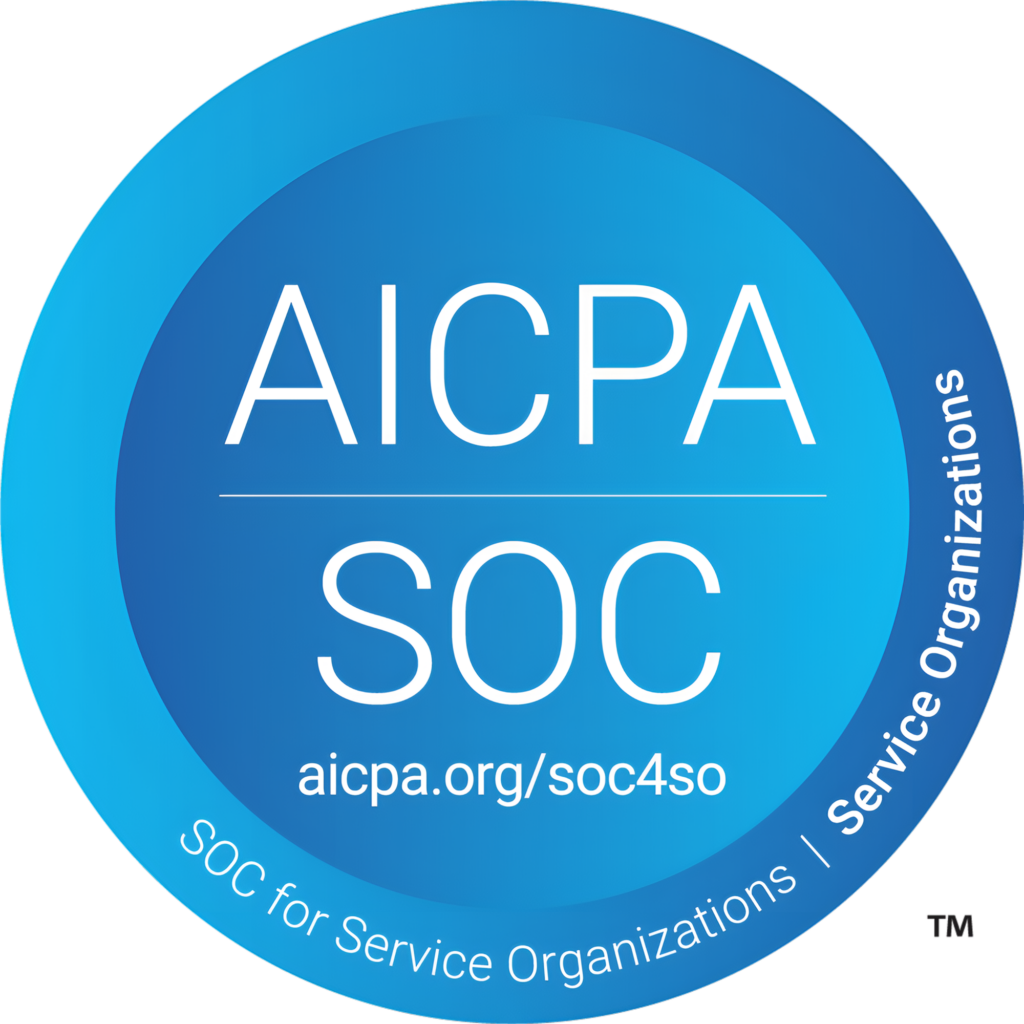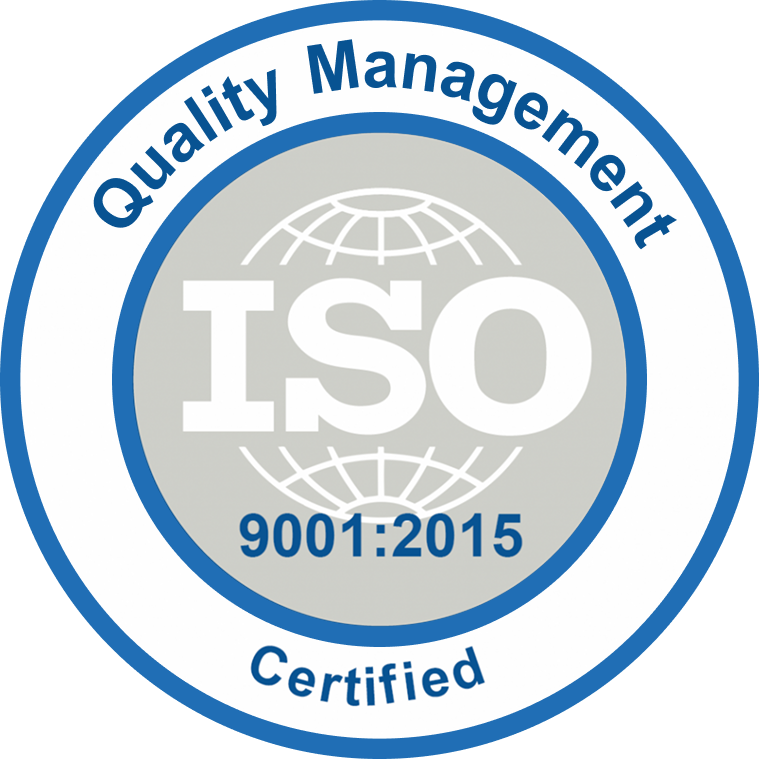As businesses embrace Microsoft Copilot Studio to build and deploy AI-powered copilots, ensuring security at every layer becomes non-negotiable. From managing data access to enforcing compliance policies, securing Copilot Studio is not just about protecting the application, it’s about safeguarding the broader Microsoft 365 ecosystem it operates within.
Here’s a detailed look at the essential security measures organizations must implement when working with Copilot Studio.
Continue Reading
Role-Based Access Control (RBAC) and environment strategy
Copilot Studio leverages Microsoft Power Platform environments, which act as containers for apps, data, and users. Managing security begins by segregating development, test, and production environments, ensuring only authorized personnel have access at each level.
- Use Azure Active Directory (Azure AD) security groups to manage user roles.
- Assign roles like Environment Admin or Maker judiciously to prevent unnecessary access.
- Implement the least privilege access, restrict editing and publishing rights only to validated creators.
Environments also tie directly to Dataverse databases, so configuring table-level permissions in Dataverse helps prevent unauthorized data access within each agent.
Data handling and compliance controls
Agents built in Copilot Studio often process user queries using internal documents, business data, and Microsoft Graph connectors. Organizations must ensure this information is handled in line with compliance and privacy regulations.
- Enable sensitivity labels and Microsoft Purview Data Loss Prevention (DLP) policies to control data flow across chats, connectors, and responses.
- Ensure any content referenced by the agent adheres to Information Protection policies, including encryption and usage rights.
- Double Key Encryption (DKE) is not supported in Copilot Studio, so highly sensitive data must be handled outside of agent workflows.
Copilot Studio adheres to Microsoft’s security framework, including ISO, SOC, HIPAA, and GDPR, but administrators still need to configure compliance tooling per organizational needs.
Authentication and identity protection
Authentication in Copilot Studio depends on Microsoft Entra ID (formerly Azure AD). You can enforce identity protection using:
- Multi-factor authentication (MFA) for all makers and admin accounts.
- Conditional Access Policies to limit login based on location, device compliance, or risk levels.
- Sign-in risk-based policies to protect against compromised credentials.
Additionally, OAuth 2.0 is used to authenticate API calls from Copilot Studio to external data sources, and scopes must be carefully defined to avoid over-permissioned access.
Auditing, monitoring, and retention
While Copilot Studio integrates with Microsoft Purview Audit, visibility into AI interactions remains limited compared to traditional apps. Here’s how to stay on top of usage:
- Enable unified audit logs for every environment to track agent interactions, publishing, and access changes.
- Use eDiscovery for deep investigations into what data was accessed or referenced during interactions.
- Note: Copilot responses and queries may not appear in full audit logs. To retrieve full context, retention policies and content search capabilities must be set accordingly.
For regulatory retention, admins should configure policies for data generated during agent interactions, particularly if the agent handles chat transcripts or customer communications.
Plugin and external data governance
Copilot Studio allows integration with external data through Graph connectors and plugins. However, this introduces additional security risks if not governed:
- External data pulled via Graph connectors must support Microsoft Information Protection, or the agent won’t respect sensitivity labels.
- When integrating with platforms like Power BI or Salesforce, ensure API access tokens are securely managed and scoped minimally.
- Disable transcript generation for Teams-based Copilot agents if sensitive conversations are involved but note this disables auditing and eDiscovery for those chats.
Security teams should regularly review plugin configurations and audit token lifetimes and scopes for third-party APIs used within agents.
Conclusion
Securing Copilot Studio is a shared responsibility, Microsoft provides the foundational controls, but organizations must configure and enforce them effectively. From access governance and data protection to compliance and observability, every layer must be actively managed. At AVASOFT, we help enterprises secure their Copilot Studio deployments with end-to-end services, from role-based access design to plugin governance and audit readiness. Whether you’re launching your first Copilot agent or scaling enterprise-wide, we ensure your AI initiatives remain compliant, controlled, and future-ready.
Need help securing your Copilot Studio environment? Reach out to AVASOFT at sales@avasoft.com to get started.

